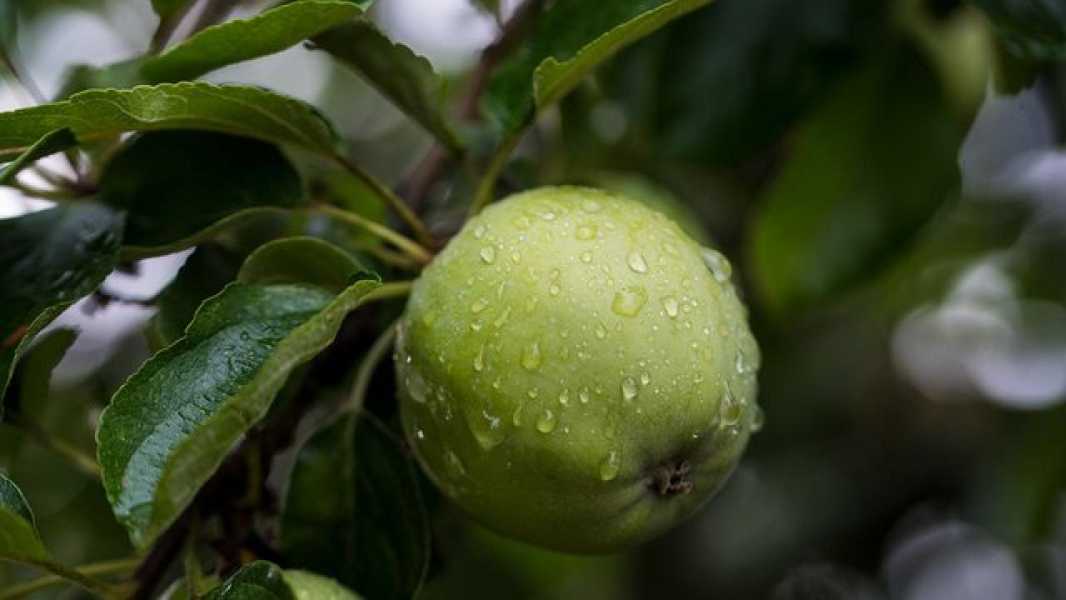Canada opens its market to Ukrainian apples
Facts Economy Sports Investments Diplomacy Regions Projects
Special topics:
Red Cross Ukraine Reconstruction Military Energy Open4business

The Canadian Food Inspection Agency (CFIA) has given the green light to a program to import fresh apples from Ukraine, the press service of the State Service of Ukraine for Food Safety and Consumer Protection reports.
“In the context of full-scale Russian aggression, we are focused on supporting the Ukrainian economy and Ukrainian exporters. A strong economy and sustainable enterprises are critical to the overall defense capability of our state. Therefore, together with the State Service for Food Safety and Consumer Protection, we continue to open up new opportunities for Ukrainian producers, liberalize trade, and expand access to new international markets,” said Ukrainian Foreign Minister Andriy Sybiha.
“The demand for Ukrainian products in the international arena is increasing every year. Today, Canada is opening its market for our apples. The State Service for Food Safety and Consumer Protection, together with the Ministry of Foreign Affairs, processes each business application to open new sales markets. Not only individual countries are considered, but the entire world map: America, the EU countries, Africa, East Asia,” emphasized Serhiy Tkachuk, head of the State Service for Food Safety and Consumer Protection.
Canada has now updated import requirements for Ukraine in its Automated Import Reference System (AIRS) and approved an export program for Ukrainian apples (Malus domestica).
According to the agreements, apples can be supplied to Canada by producers who are engaged in their cultivation, packaging and export, and are also included in the list of exporters, producers and packers of Ukrainian apples for Canada.
Their orchards are monitored by the Canadian Food Safety and Consumer Protection Service to assess pest prevalence and provide recommendations for pest control. Pest control measures must ensure that registered operators maintain a low prevalence or absence of pests regulated by Canada. Establishments are required to use screening equipment to remove mites, insects, other pests and contaminants, etc.
Each batch requires a phytosanitary certificate from the State Food Safety Service.
Source: Source



